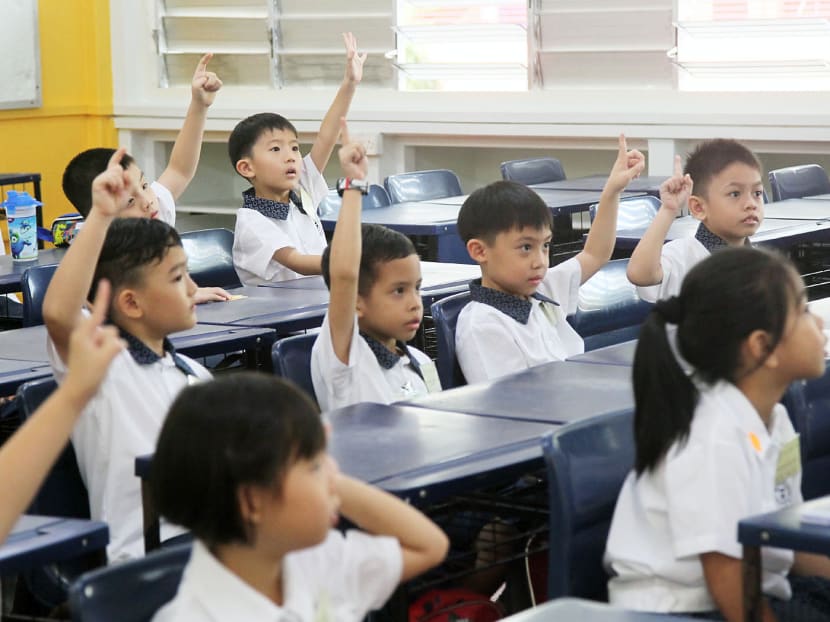Asian culture of not voicing ideas hinders creativity
I refer to the letter “S’pore should aspire to Finnish, Swiss education systems” (Sept 15).

Encouraging students to express and communicate their ideas during their supervised schooling years would help them develop better research skills. TODAY FILE PHOTO
I refer to the letter “S’pore should aspire to Finnish, Swiss education systems” (Sept 15).
The writer suggested that students here use more time to think out of the box as one of the ways to catch up with other First World nations in the West.
Though we have not yet won a Nobel Prize, Singaporeans have invented important innovations such as ThumbDrive and the Sound Blaster. But Singapore mostly has a long way to go before it catches up in the area of creativity.
While Asian students do well in standardised mathematics and science tests, they are known to be less creative than their Western counterparts.
It has been said many times that there is never an original idea and that the backbone of creativity comes from the liberal sharing of alternative ideas among many members within a group.
In Singapore, rote learning has been blamed as a major hindrance to creativity. But the real hindrance, I feel, is the lack of quality communication to brainstorm and share ideas with one another.
In offices in Asia, many people follow a hierarchic system, where top managers express their ideas the most, while subordinates stay quiet for fear of being viewed as disruptive and challenging.
In many Asian schools, students avoid speaking up for similar reasons.
In comparison, workplaces and schools in the West are much more encouraging of ideas from subordinates and students. This allows ideas to flow easily, thus permitting creativity to thrive. Such practices promote courage in personal expression and can boost self-esteem. In Singapore, however, such practices are often not encouraged or cultivated.
Allowing the expression of alternative ideas would not only help people improve their communication and language skills, but also boost their self-esteem and courage, while creativity thrives within the group.
The ability to communicate well also reflects one’s initiative, self-esteem, courage and leadership ability.
I feel Asians should speak up more often about what they need and feel. This would help create a society that allows the country to progress much further.
Though many local schools have debate clubs, students could be encouraged to express and communicate their thoughts even more through the awarding of CCA points when they participate in news and government feedback forums.
Encouraging students to express and communicate their ideas during their supervised schooling years would help them develop better research skills.
Asians do need room for their creativity to grow. This space can come from the freedom to express themselves in the workplace and in schools.






